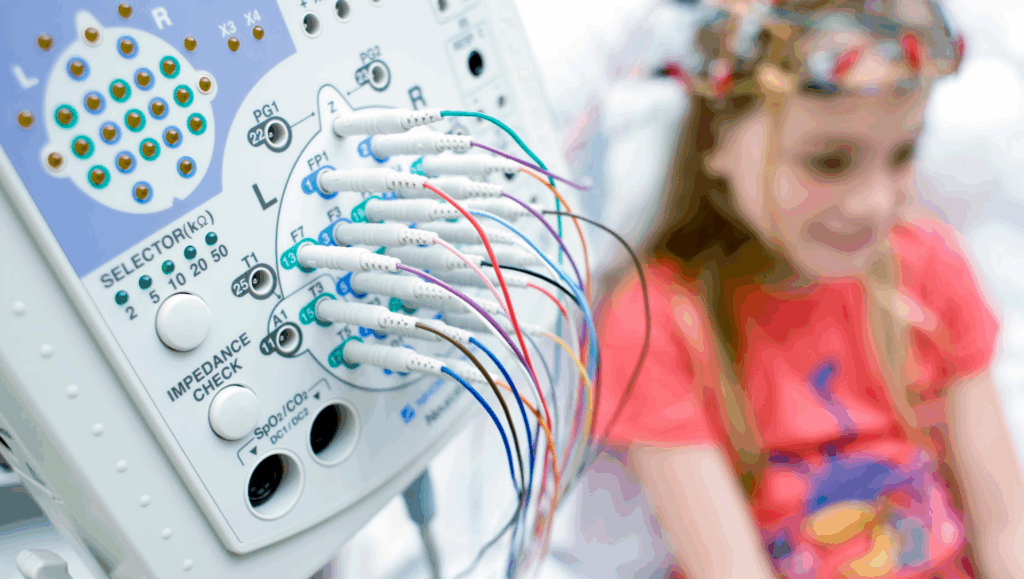
Electroencephalogram (EEG)
An Electroencephalogram (EEG) is a non-invasive diagnostic tool used to measure and record the brain’s electrical activity. We use EEG testing to help identify neurological and psychiatric conditions that may be affecting your mental health and overall well-being.
What Is an EEG and Why Is It Important?
This painless procedure provides valuable insights into how your brain functions, helping our professionals offer more accurate diagnoses and personalized treatment plans.
When Might You Need an EEG?
EEGs are often recommended when patients experience:
Seizures or epilepsy
Unexplained episodes of confusion or memory loss
Chronic headaches or migraines
Sleep disturbances
Attention and focus issues (e.g., ADHD)
Mood disorders or behavioral changes
By identifying abnormal brain patterns, we can better understand what’s happening neurologically and offer more targeted mental health care.
How the EEG Process Works
Your comfort is our priority. Here’s what to expect:
Preparation: Small electrodes are gently placed on your scalp using a special paste.
Recording: You’ll relax in a quiet room while the machine records your brain’s activity.
Duration: The test typically lasts between 20 to 45 minutes.
Results: Our specialists interpret the data and integrate it into your personalized care plan.
Enhancing Mental Health Through Technology
Whether you’re being evaluated for a neurological condition or seeking support for anxiety, depression, or focus-related issues, an EEG can provide critical insights that enhance your path to healing.
We combine compassionate care with advanced diagnostics to support your mental, emotional, and neurological health. Schedule a consultation with us today.

